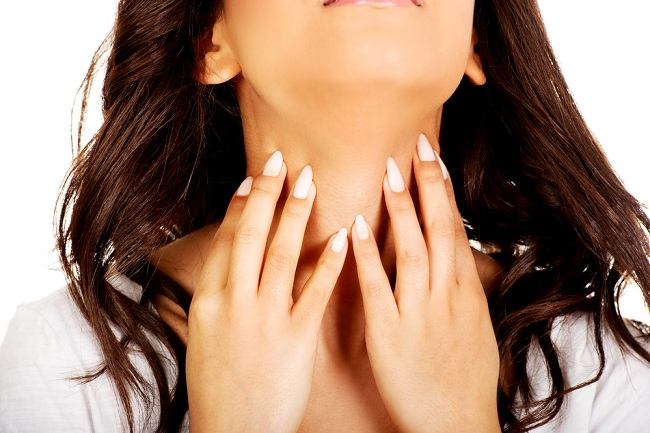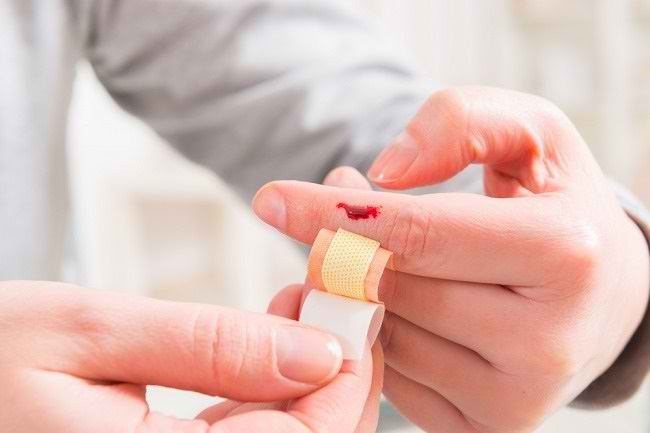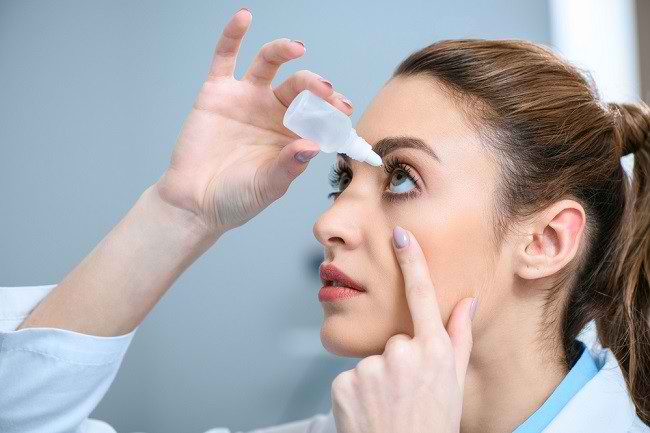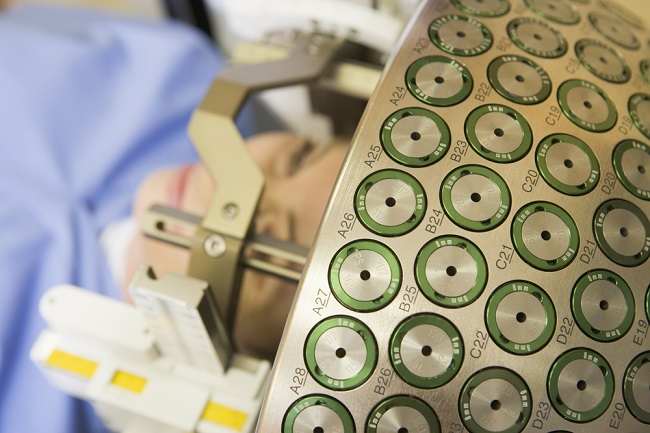Toothbrushes are available in various forms. There are also regular or manual toothbrushes and there are electric ones. Although the function is the same, these two types of toothbrush have a slightly different way of working. Between manual and electric toothbrushes, which is better?
The way manual and electric toothbrushes work is slightly different. Electric toothbrushes use electricity, so the bristles can move and rotate automatically. While manual toothbrushes must be moved and rotated by themselves using hands.

Get to know the difference between a manual and electric toothbrush
Manual and electric toothbrushes both work to remove plaque and food residue on the teeth and gums. Before deciding which type of toothbrush is better, you need to first know the advantages and disadvantages of each. Here is the explanation:
Manual toothbrush
Manual toothbrushes are quite effective in removing plaque on the teeth. In addition, this toothbrush also has several advantages, such as:
- Easy to get, be it at a pharmacy, warung, or supermarket
- More practical and does not need to use batteries
- The price is relatively cheap
- Available in many shapes and choices of bristles
Although it has advantages, manual toothbrushes also have disadvantages. In the use of this type of toothbrush, people usually tend to brush their teeth too hard, so there is a risk of damaging the teeth and injuring the gums.
Brushing your teeth too hard can also erode tooth enamel or the protective layer of teeth. The eroded tooth enamel will make the teeth look yellower and darker.
In addition, using a manual toothbrush will also make it difficult for users to know whether the duration of brushing their teeth is ideal or not. Ideally a good brushing time is about 2 minutes.
electric toothbrush
Several studies have shown that electric toothbrushes can reduce plaque by about 21% more than regular manual toothbrushes. In addition, the use of an electric toothbrush is also less risky for causing gingivitis.
This type of toothbrush is also good for long-term use and is effective in preventing tooth decay. In addition, some of the advantages that can be obtained from an electric toothbrush are:
- Easy to use
- Equipped with a timer feature that makes it easy to brush your teeth with the ideal time
- It has a pressure sensor feature that is able to detect when the teeth are brushed too hard.
- A good choice of toothbrush for children and people with certain conditions, such as hand arthritis, carpal tunnel syndrome, and people with disabilities.
- It is the right choice of toothbrush for braces or stirrup users because it makes cleaning teeth easier
- Makes users more focused when brushing their teeth, so the results can be maximized
Just like a manual toothbrush, an electric toothbrush is also not without its drawbacks. Some of the disadvantages of electric toothbrushes include:
- Less effective in the elderly in cleaning dental plaque than manual toothbrushes
- The price is quite expensive and is not available everywhere, especially in areas far from big cities
- Not practical when used when traveling because you need to bring a spare brush head
- The waste contains batteries and electricity so it is not environmentally friendly
- Not everyone is comfortable with the resulting vibration
So, is it better to use a manual or electric toothbrush?
From the explanation above, it can be concluded that an electric toothbrush is indeed slightly more effective in cleaning dental plaque. However, actually using a manual toothbrush is good enough.
Compared to electric toothbrushes, which are quite expensive and more difficult to find, manual toothbrushes are relatively cheap and easy to find, making them affordable for everyone.
Whatever type of toothbrush you use, be it a manual or electric toothbrush, it will be equally effective in maintaining healthy teeth and mouth as long as it is done the right way.
Make sure you brush your teeth at least 2 times a day and for at least 2 minutes. In addition, there are several other important things that need to be considered in maintaining dental and oral health, namely:
- Avoid exchanging toothbrushes with other people.
- Choose a toothbrush head that is the right size for your mouth.
- Choose a toothbrush with soft, smooth bristles.
- Use a toothpaste that contains fluoride.
- Use dental floss or flossing after brushing your teeth.
- Replace the toothbrush every 3-4 months or when the bristles of the toothbrush are damaged.
Those are the advantages and disadvantages of manual and electric toothbrushes. You are free to choose which type of toothbrush is comfortable to use. However, make sure you brush your teeth regularly and in the right way, yes.
If you are confused about choosing the right type of toothbrush or have problems with your teeth and gums, don't hesitate to consult a dentist.









